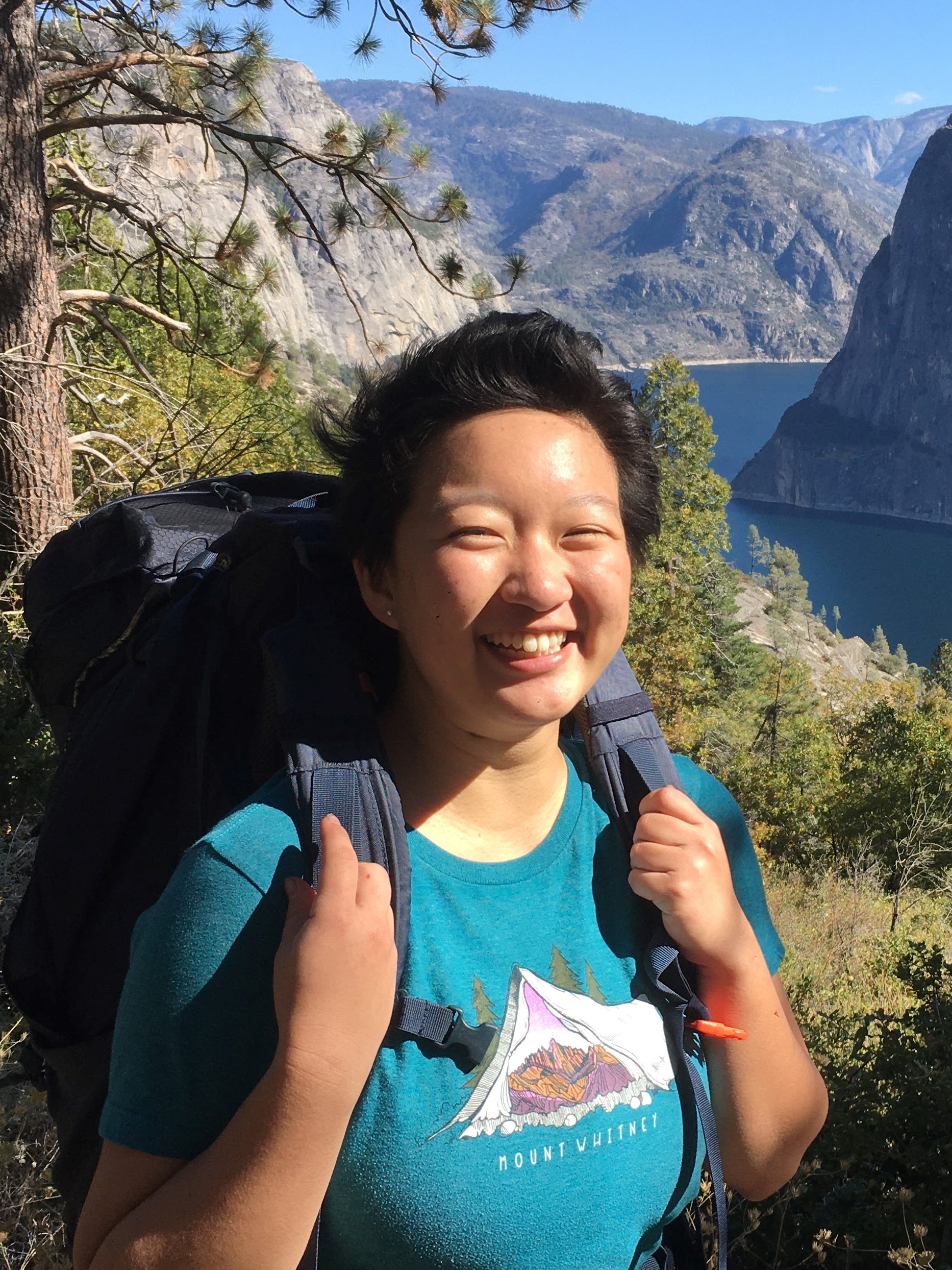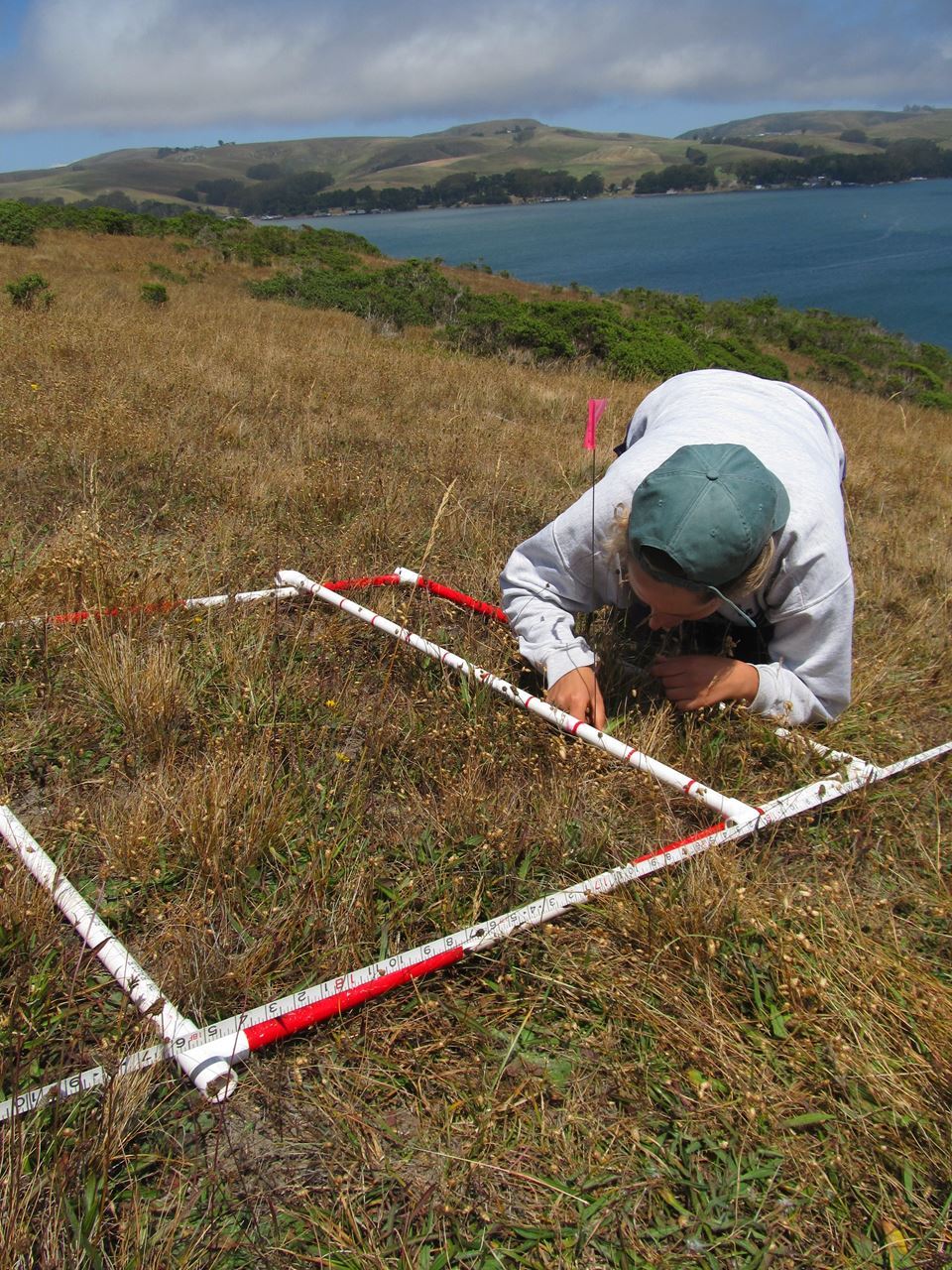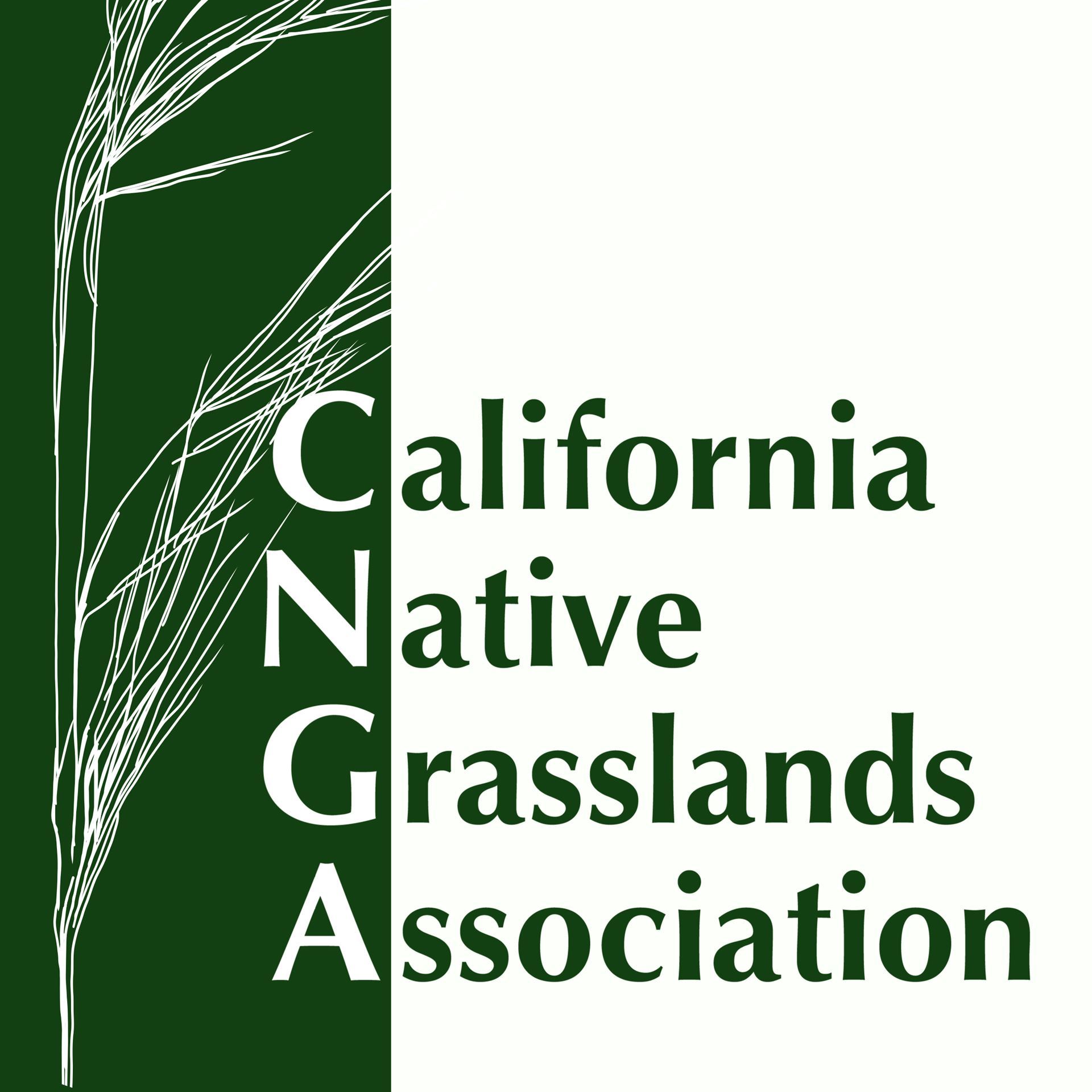California Native Grassland Association GRASS Award Speaker Series
Join us for the CNGA’s virtual speaker series which showcases the amazing work undertaken in California Grasslands by a few of our 2021 Grassland Research Awards for Student Scholarship Winners.
Talks are on Tuesdays from 7 PM - 8 PM PST featuring one 40-minute talk, or two 20-minute talks, with time for Q&A.
Members: Free Non-Members: $10 Non-Member Students: Free with Student ID
Sept 27, 7 pm – Suzanne Ou and Raphaela Floreani Buzbee
Suzanne Ou, Stanford
Temporal changes in microbially-mediated plant-soil feedback on Californian serpentine annuals
Abstract: Microbially-mediated plant-soil feedback, where plants and soil microbes interact, is important in shaping plant performance and grassland communities. Plants are thought to 'condition' the soil by recruiting species-specific pathogens or mutualists that affect the next generation of plant coexistence. Classic experiments are conducted with grassland annual plant species but fail to incorporate the natural history of these plants. Specifically, the (1) seasonal time gap between senescence of one generation and growth of the next, and (2) litter decomposition and its effect on soils. In a greenhouse experiment using Acmispon wrangelianus, Festuca microstachys, and Plantago erecta, I show that legumes competitively excluded grasses and forbs, while grasses and forbs can coexist. However, the coexistence outcome changes when incorporating time and litter, showing the importance of temporal dimensions in plant-soil feedbacks.
Bio: Suzanne Ou is a PhD Candidate at Stanford University studying how soil microbes interact with plants and the consequences on plant community assembly and coexistence. Part of my work takes place in serpentine grasslands in Jasper Ridge Biological Preserve, Stanford University and Sedgwick Reserve, UC Santa Barbara, on the homelands of the Muwekma Ohlone Tribe and Chumash Tribe respectively.
 Raphaela Floreani Buzbee, UC Berkeley
Raphaela Floreani Buzbee, UC Berkeley
Compositional shifts in coastal plant communities and microclimates in response to tule elk herbivory
Abstract: Species distributions are expected to shift across large spatial and temporal scales as species migrate to keep pace with anthropogenic climate change. Within a plant community, taxa from warmer regions or exposures (that are better adapted to the novel climate) will become more prevalent with increased warming and/or aridification. This process can be influenced or accelerated by disturbances or environmental processes that alter the availability of microclimates. Because grazing by native and introduced herbivores has complex effects on plant community composition and structure, grazing’s influence on microclimate availability may affect how an ecosystem responds to climate change. This study uses a 24-year exclusion experiment at the Tomales Point Tule Elk Preserve in Point Reyes National Seashore to investigate individual and interactive effects of grazing and microclimate on a coastal grassland plant community by combining fine-scale climatic data with plant community metrics across paired grazed and ungrazed plots. If grazed sites are warmer and drier, then grazed plant communities may already be adapting to future climate conditions and thereby may be more resilient to future climate change.
Contact Justin Luong (jluong4@ucsc.edu) with any questions.
GRASS Speaker Series Schedule (Tuesdays 7PM PST, Sept 20 – Dec 6, 2022)
Oct 4 – Robert Fitch (UCSB)
Oct 11 – NO SEMINAR
Oct 18 – NO SEMINAR (CNPS CONFERENCE)
Oct 25 – Roisin (Rosie) Murphy-Deák (Cal Poly SLO)
Nov 1 – Leila Wahab (UCM)
Nov 8 – Nora Bales (Cal Poly SLO)
Nov 15 – Rebecca Nelson (UCD)
Nov 22 – NO SEMINAR (THANKSGIVING WEEK)
Nov 29 – NO SEMINAR
Dec 6 – Ernesto Chavez-Velasco (Point Blue) and Landin Nolan (UCD)

